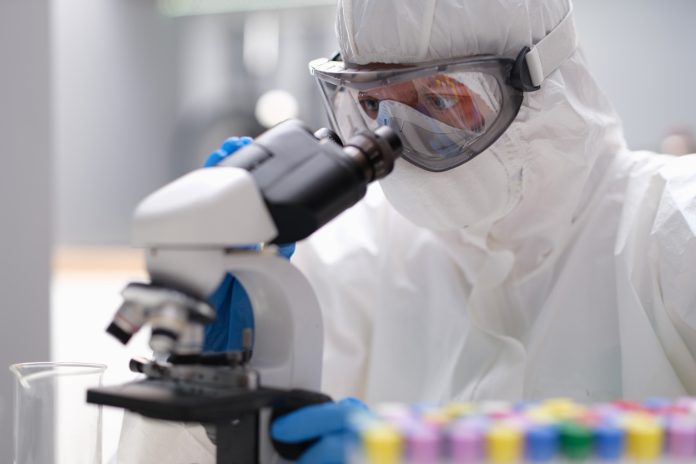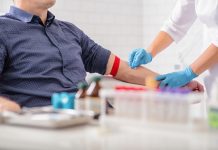Scientists from the University of Liverpool and Liverpool School of Tropical Medicine (LSTM) have taken a huge step forward in combating the global threat of malaria
They have been granted £1.4 million from the Medical Research Council (MRC). This funding will drive the development of an innovative drug to treat malaria. This disease puts approximately 3 billion people at risk, resulting in half a million deaths annually, with the economic cost of around $20 billion in lost GDP.
The Liverpool research team, including medical chemists and parasitologists, will collaborate with an international consortium, including Medicine’s for Malaria Venture (MMV) in Geneva, Imperial College, and the University of Milan.
Developing drug treatment
Their collective goal is to develop a drug treatment specifically targeting the Plasmodium falciparum (Pf) parasite, the causative agent of malaria. This drug discovery focuses on inhabiting two key malarial protease enzymes, Plasmepsins IX and X.
These enzymes play crucial roles in various stages of the parasite’s life cycle, limiting development in the liver, blood, and mosquitoes. The multi-stage inhibitory activity, coupled with a unique mechanism of inhibition, is expected to reduce the likelihood of resistance development, making the drug a highly attractive target for further development.
Professor Paul O’Neill, a medical chemist at the University of Liverpool, leads the program. In the University of Liverpool’s press release he stated, “The Liverpool medicinal chemistry team has already identified molecules with exceptional enzymatic and antimalarial potency in vitro and have developed medicinal chemistry strategies that will deliver a late lead for progression into an effective oral treatment for malaria.”
This disease puts approximately 3 billion people at risk, resulting in half a million deaths annually
Dr. David Hong from the University’s Department of Chemistry added, “Success of this milestone-driven drug development program will allow candidate selection through MMV in order to develop a drug that matches their primary target product profile. This exciting project will bring together PhD students, postdoctoral researchers, and international collaborators to refine and optimise our current drug lead compounds.”
The project’s potential
Professor Giancarlo Biagini, LSTM’s Dean of Research and Innovation, expressed optimism about the project’s potential impact, stating, “We’re thrilled to extend our long-term collaboration with the University of Liverpool and global partners in the pursuit of groundbreaking antimalarial therapeutics. We’re optimistic that this new program will rise to the challenges of the next generation, reinforcing our dedication to making a meaningful impact on global health.”
This successful funding marks the seventh MRC drug discovery program in the last ten years for the Liverpool Medicinal Chemistry Group, with total funding exceeding £10 million during this period.
Transforming malaria treatment
The project is supported through the MRC Developmental Pathway Funding Scheme. As the team progresses, the development of a breakthrough drug holds the promise of transforming malaria treatment, potentially saving countless lives and reduce the economic burden associated with the disease.
The collaborative efforts of the Liverpool team and their global partners highlights the importance of international cooperation in addressing global health challenges.








